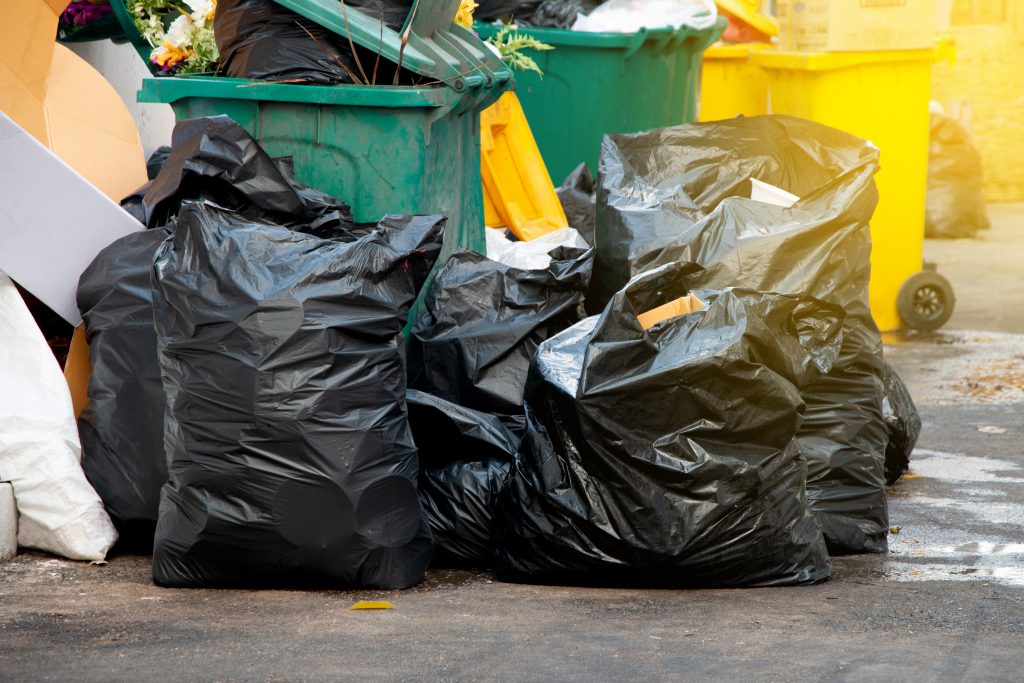Okay, you have received your flier from the City of Santa Clara indicating the sharp rise in garbage rates. Normally the envy of the Valley, Santa Clara has joined the ranks of other cities on the way to the dump.
The old Council from last year renewed the Mission Trail contract with modest increases for the foreseeable future. However, there was a new stinger inserted into the garbage deal with an odor of its own.
Coupled with the Mission Trail renewal was an “add on” by the old Council that is the major contributor to the rocketing cost of waste. They voted to have Green Waste “sort” the garbage for a fee. It is this fee that has raised concerns that Mayor Gillmor wishes to avoid in further discussions.
First challenged by Council Member Raj Chahal, months ago, he could not muster the votes to review the contract “gifted” to Green Waste. However, the rate increase had not yet hit the homes of residents.
However, it is now July, the rate increase goes into effect and will reach every pocketbook in the city.
The major concern is the Green Waste contract to remove food waste from the garbage headed for the landfill. This is required by state law. The agreement says Green Waste will sort the garbage and pull out food waste and recyclable trash. Sounds good, looks good, smells bad.
Several rumors have begun to circulate regarding the Green Waste contract and its effectiveness. Maybe it is not of any more value than garbage itself.
In discussions with several individuals, who have a good smell for what works and what doesn’t, say the Green Waste contract will rocket garbage bills in Santa Clara while actually only salvaging 15 percent or less of trash headed to the dump.
This state ordered mandate must be implemented or the city will face heavy fines. However, a 30 percent or more increase in garbage rates for minimal return? No wonder questions are being asked. Questions that Gillmor doesn’t care to look at again since it has already been voted on.
It is more of a “what is done is done” attitude by her rather than an open table review of what makes sense for Santa Clara residents.
Sunnyvale and Palo Alto chose different sorting options. Sunnyvale went to the split can option and Palo Alto went to a separate bin entirely. It is a bit more effort on the part of residents, however, the cost is minimal when comparing extra garbage cans to having residential garbage sorted industrially.
Another issue is that once food waste has been put in the trash and then sorted out, most items are contaminated and therefore not usable as compost.
Something smells here and it’s not just your garbage.
There may be a reason for wanting to pick through Santa Clara garbage to make a contribution towards the environment. However, at what cost versus the success and salvage rate?
It appears this is an idea whose time has not passed the smell test.
